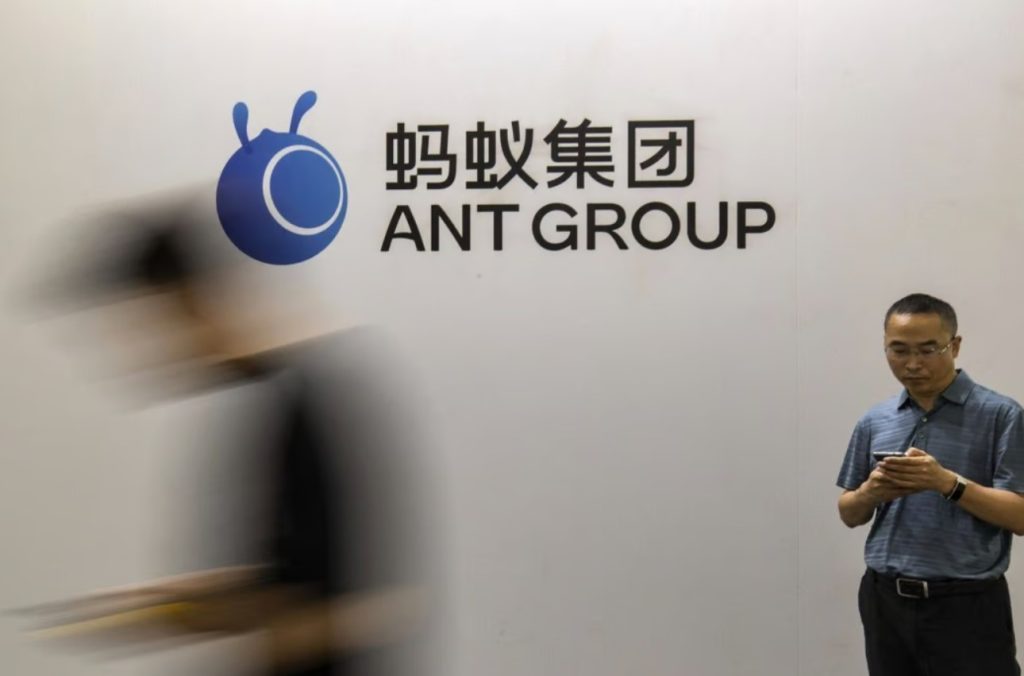
Alibaba Group Holding said it would hold on to its stake in Ant Group, declining to partake in a share buy-back plan proposed by the world’s largest fintech and online payments company.
“Ant continues to be an important strategic partner to Alibaba Group’s various businesses,” the parent of this newspaper said in a statement on Sunday to the Hong Kong stock exchange. “Alibaba has decided that it will not sell any shares to Ant under the proposed share repurchase, so as to maintain its shareholding.”
Ant, fined 7.123 billion yuan (US$984.33 million) more than two weeks ago by the People’s Bank of China (PBOC), appears to be turning the chapter on nearly three years of regulatory scrutiny since its US$37 billion stock sale was foiled in November 2020.
Alibaba, with 33 per cent interest in Ant Group, is “showing its confidence in Ant and sending a message to encourage other investors to take the long-term view,” said Louis Tse Ming-kwong, managing director of Wealthy Securities in Hong Kong. “Ant will seek to list again, while China’s government has shown support to privately owned enterprises, which encourage shareholders to put their weight behind [it].”
A shareholders meeting on Sunday approved Ant Group’s plan to buy back up to 7.6 per cent of its equity interest from investors. Repurchased shares would be transferred into Ant’s employee incentive plans, according to an exchange filing on July 9.
The proposed buy-back – which did not specify a price – would have valued the operator of the Alipay cashless payment service at about 567.1 billion yuan, according to a July 9 filing by Hangzhou-based Alibaba.
That is a slump of almost 70 per cent from the US$280 billion market capitalisation in 2020 just before Ant Group’s initial public offerings (IPO) in Shanghai and Hong Kong were called off.
“Even if its valuation is lower, a successful listing will be important for raising funds to support Ant’s growth,” Tse said.
The suspension came after Ant’s executives met China’s regulators, who had drafted a set of rules to stem the flow of funds to small businesses in the booming microlending market in the world’s second-largest economy.
A month after the suspended IPO, the Chinese central bank’s then deputy governor Pan Gongsheng instructed Ant to return to its origins in online payments, protect customers’ privacy in operating its personal credit-rating business and establish a financial holding company to manage its businesses.
Since then, Ant has carried out a host of reforms. In December 2020, the company removed from its financial marketplace interest-bearing time-deposit products that mature in either three or five years, which are offered by several small regional banks.
Jack Ma, a co-founder and the former chairman of Alibaba, relinquished his control over Ant in a corporate restructuring early this year, ending an acting-in-concert agreement with the fintech company’s chairman Eric Jing Xiandong, former CEO Simon Hu and Alibaba veteran Jiang Fang.
The restructuring meant that Ma gave up his 53.46 per cent voting power, according to Ant’s statement in January.